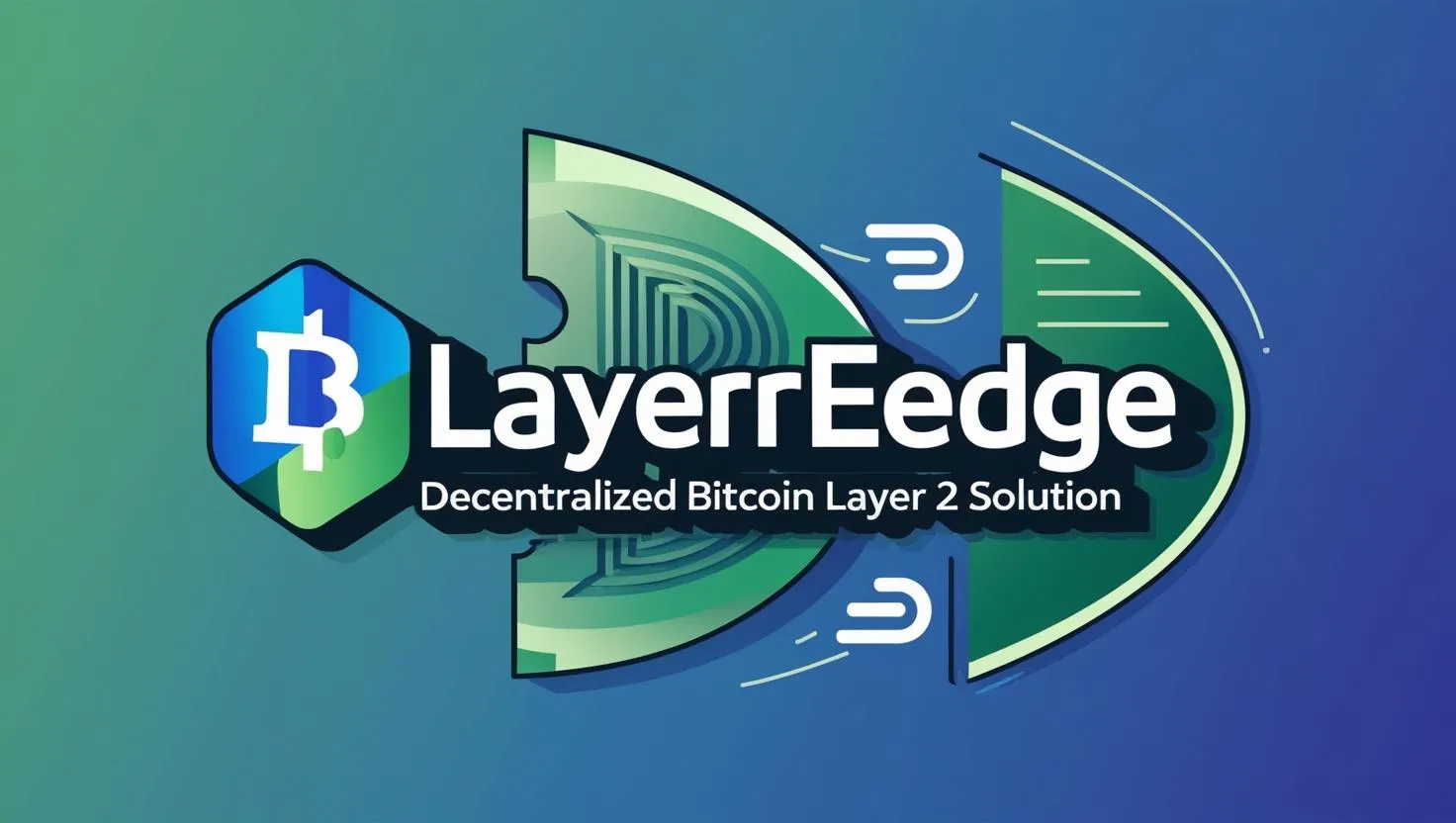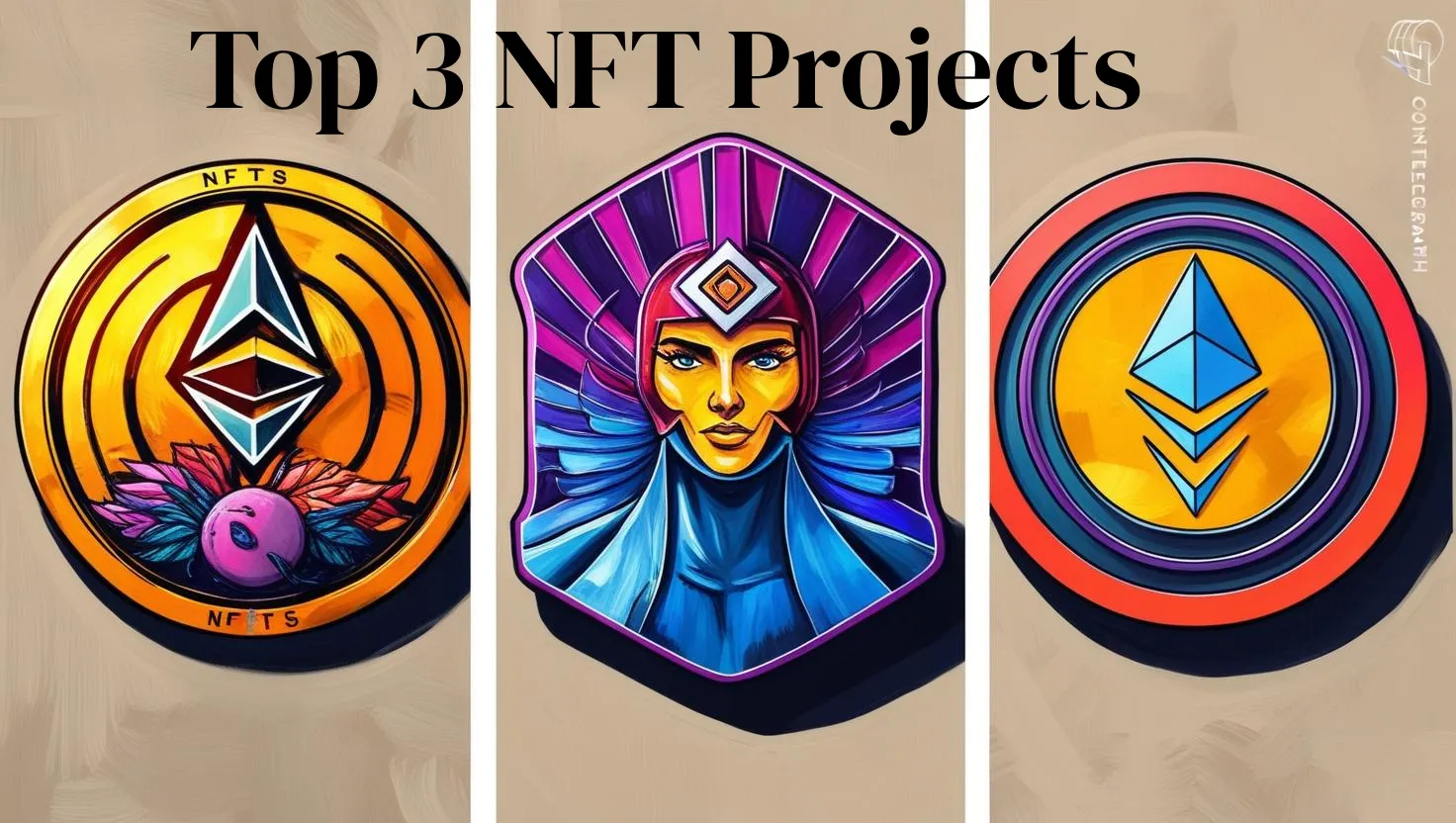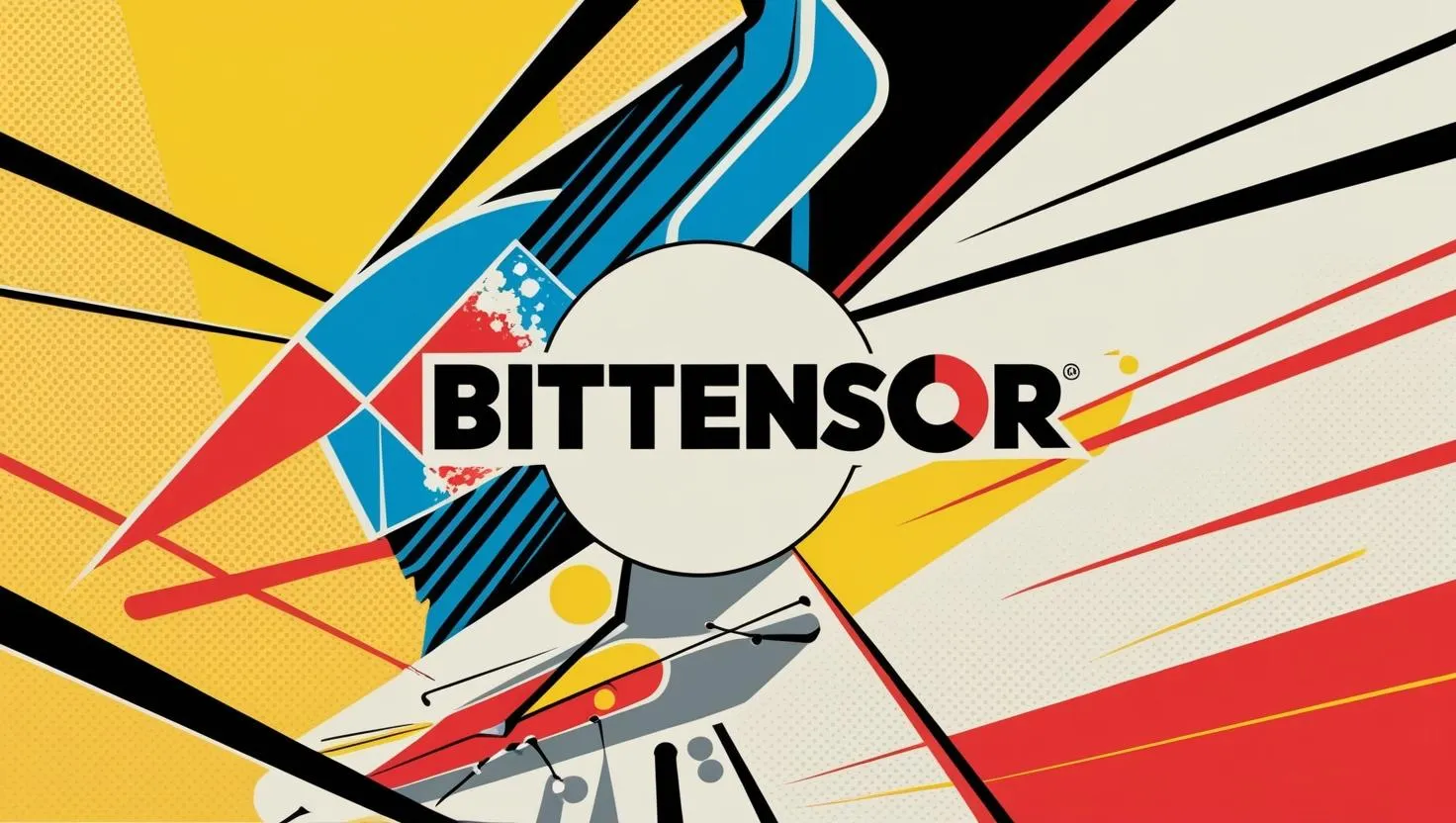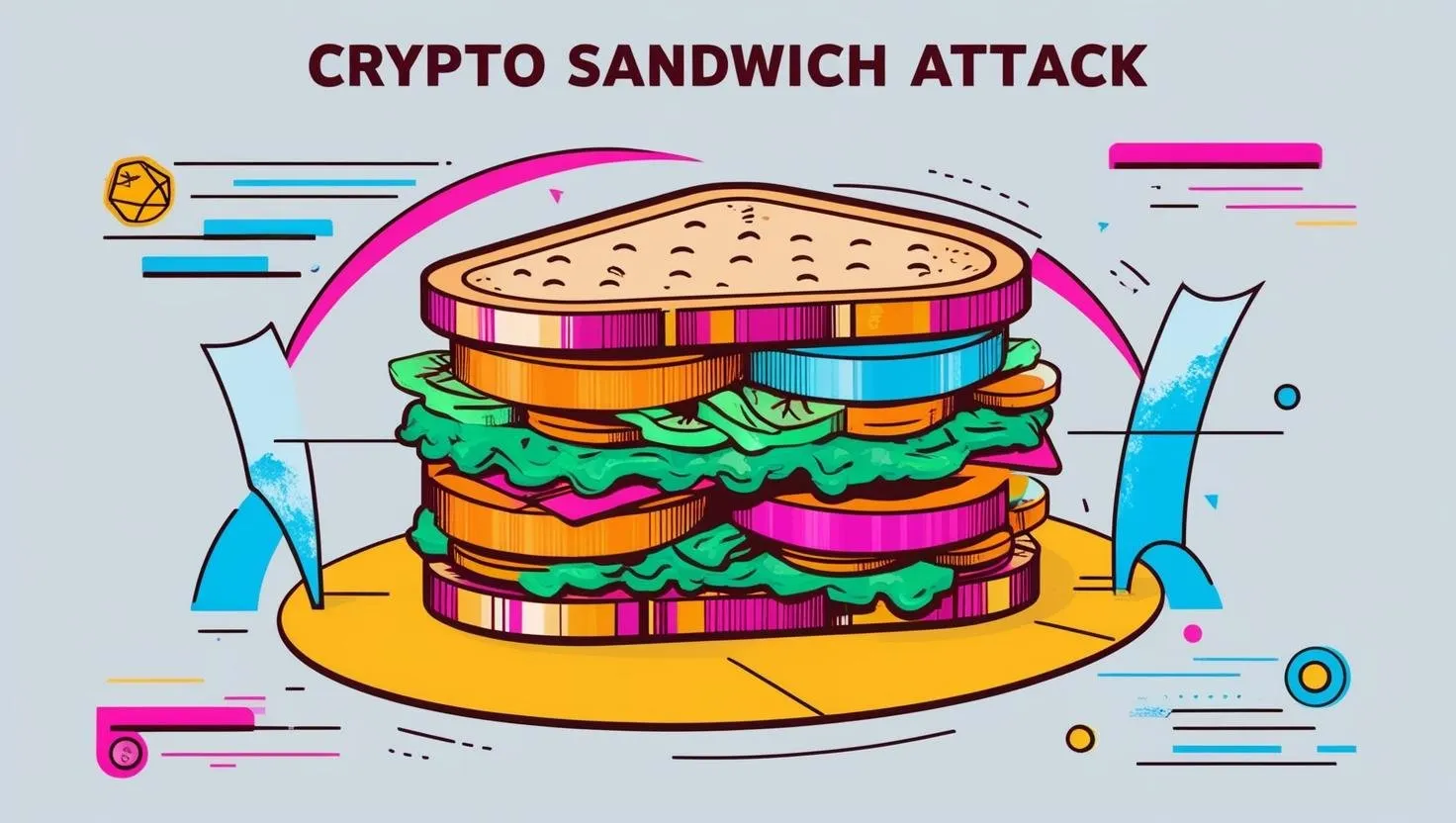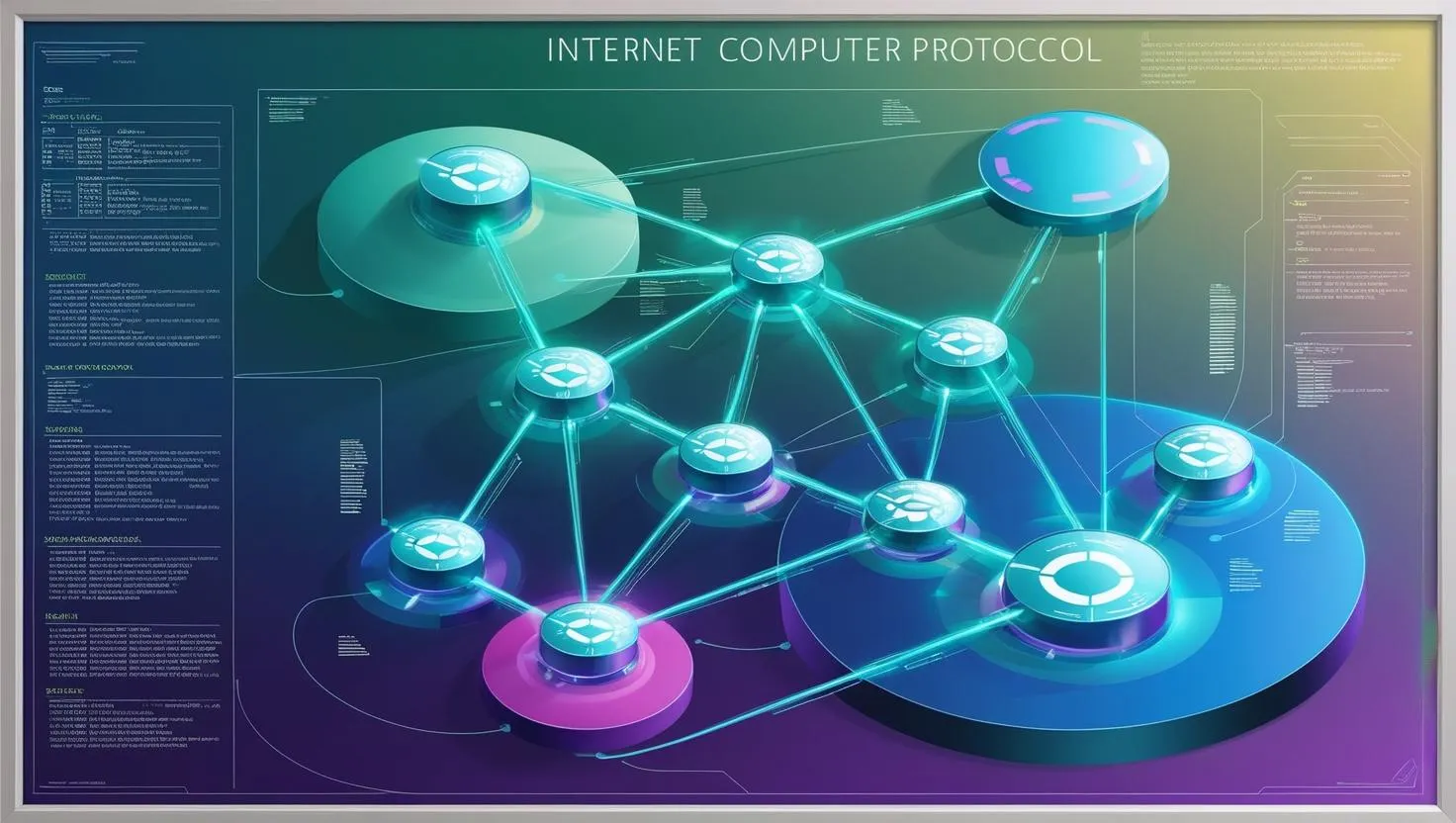Sandwich Attacks in Crypto: A Comprehensive Overview
Sandwich Attacks in Crypto: A Comprehensive Overview
Feb 09, 2025
Sandwich attacks are a form of market manipulation that exploit the mechanics of decentralized exchanges (DEXs) to profit at the expense of unsuspecting traders. They leverage the transparency of blockchain transactions to strategically position their own trades around a victim's, effectively "sandwiching" it.
How it Works
- Monitoring the Mempool: Attackers constantly monitor the mempool, a public list of pending transactions waiting to be confirmed on the blockchain. They look for large or high-slippage trades that could be exploited.
- Frontrunning: The attacker places a buy order for the same asset the victim is about to purchase, but with a slightly higher gas fee. This incentivizes miners to prioritize their transaction, placing it before the victim's.
- Victim's Trade: The victim's trade is executed, but now at a slightly higher price due to the attacker's frontrunning order. They receive fewer tokens than expected.
- Backrunning: Immediately after the victim's trade, the attacker places a sell order for the same asset. This transaction is prioritized by miners due to a slightly higher gas fee, placing it after the victim's.
- Profit: The attacker profits from the price difference, having bought low and sold high, while the victim receives fewer tokens and potentially experiences price slippage.
Why DEXs are Vulnerable
- Transparency: The public nature of the mempool allows attackers to see pending transactions and strategize accordingly.
- Automated Market Makers (AMMs): DEXs rely on AMMs to determine asset prices based on supply and demand. Attackers manipulate this mechanism by frontrunning and backrunning, creating artificial price fluctuations.
- Slippage Tolerance: Traders often set a slippage tolerance to ensure their trades execute even if the price moves slightly. Attackers exploit high slippage tolerances to maximize their profit.
Impact of Sandwich Attacks
- Financial Loss: Victims receive fewer tokens than expected, resulting in direct financial loss.
- Market Distortion: Widespread sandwich attacks can distort market prices and reduce trust in DEXs.
- Disadvantage for Traders: Less experienced traders are particularly vulnerable due to a lack of understanding of the risks involved.
Protection Against Sandwich Attacks
- Lower Slippage Tolerance: Setting a lower slippage tolerance reduces vulnerability, as attackers often target trades with high tolerances.
- Private Transactions: Some platforms offer private transactions that obscure transaction details, making it harder for attackers to identify potential targets.
- Mempool Analysis: Advanced users can analyze mempool activity for unusual patterns that may indicate potential sandwich attacks.
- Reputable DEXs: Choosing DEXs with a strong reputation for security and user protection can minimize the risk.
Expanding on Sandwich Attacks
- Gas Wars: Attackers often engage in "gas wars" to outbid each other for priority in the mempool, driving up transaction costs for everyone.
- AMM Variations: Different AMM models have varying sensitivities to sandwich attacks.
- Layer-2 Solutions: Layer-2 solutions may introduce new vulnerabilities to sandwich attacks.
- Multi-Transaction Sandwiches: Attackers can execute more complex sandwich attacks involving multiple transactions and different assets.
- Flashbots: Flashbots can be exploited by attackers to execute sandwich attacks more effectively.
- Mempool Monitoring Tools: Advanced users can utilize specialized tools to monitor the mempool for suspicious activity.
- Transaction Simulation: Some platforms offer transaction simulation tools to preview how trades might be executed.
- Decentralized Identity (DID): DID solutions can help identify and track malicious actors.
- Ethical Dimension: Sandwich attacks undermine market integrity and raise regulatory uncertainty.
- Future Directions: On-chain analytics, smart contract audits, and community awareness are crucial for mitigating sandwich attacks.
Conclusion
Sandwich attacks are a growing threat in the DeFi space, exploiting the mechanics of DEXs to manipulate prices and profit at the expense of traders. Understanding how these attacks work and taking proactive measures can help protect yourself from becoming a victim. As the DeFi ecosystem evolves, further research and development of mitigation strategies are crucial to ensure a fair and secure trading environment.




